why we don’t talk about politics (but should)
In her absolutely incredible book, The Art of Gathering, Priya Parker probes into why we might have this instinct to avoid talking about politics: or as she puts it, “the dangerously interesting.”
She talks about the Freemasons first constitution of 1723, which explicitly forbade “doing or saying anything offensive… for that would blast our harmony…”
And In 1922, in her book Etiquette, Emily Post said, “talk about things which you think will be agreeable to your hearer. Don’t dilate on ills, misfortune, or other unpleasantness.”
We could nerd out about the origin of this rule - colonialism, white supremacy, etc. But let’s agree that we’ve all internalized this norm: you must be nice, which means we often avoid conflict at any cost. Don’t be negative. Don’t question authority. But being nice has left us under resourced to have important conversations about systemic issues in an increasingly polarized world.
You might feel like “politics isn’t for you.” But if you think about politics at its most basic level, it’s not as an intricate and complex game: it’s simply about who gets what, when, and how. It’s about power and decision-making. And if you’ve opted out of the conversation, people are speaking (or not speaking) on your behalf.
We need all voices now more than ever.
In her book Braving the Wilderness, Brene Brown says, “people are hard to hate close up: lean in.” We don’t do that. Civil society is like… not a thing anymore. We’ve been corralled into echo chambers by algorithms that favour the outrageous and filter out the truth. We’ve become more likely to rage against an online stranger (who might not even be human) than to engage with our neighbor. Tech has made us turn against our primal need to exist in community – and it’s certainly not coincidence, but that’s a conversation for another time.
Everything is political. I’m a mother to a child in Canada, who receives a monthly stipend from the government that my household depends on. That could change if another party took power. If my son had been born with a different skin colour, in a different country, his rate of survival (and mine) could have been much, much lower. These aren’t debatable issues. These are facts that some folks have chosen to ignore because they’ve never been personally affected by them. That level of privilege has perverted our collective sense of reality – an interesting term to parse these days.
We should talk about politics. But, as an experiment, maybe we could begin by agreeing to some terms first. Like what basic human rights entail, and if we all agree that everyone should have those. Because if we can’t start there – and I’m well aware with many people, I can’t - I’ve got to think of better questions because we should. And if you disagree with that, maybe you can work on your questions, too. Let’s chat.
